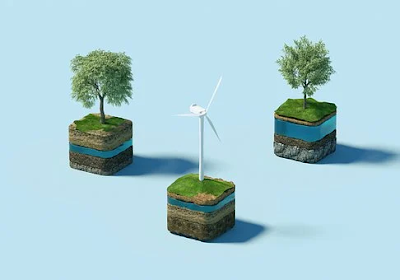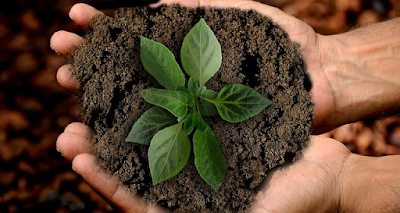
CONTENT

Sustainability is currently a really hot topic. Here, we discuss Sustainability in detail!
What does
sustainability mean?
Improvements
in sustainability
Why is
sustainability important?
How can
we move towards a sustainable lifestyle?
1. Sustainable
food and farming
2. Save
energy
3. Use
reusable alternatives
4. Save
water
Conclusion
SUSTAINABILITY
Sustainability is currently a really hot topic. Here, we discuss Sustainability in detail!
Entomologically
Sustainability is derived from the Latin word sustinere. Sustainability means
to sustain, maintain, support, uphold or endure.
According to McGill University and the UN World Commission on
Environment and Development:
“Sustainable development is the practice of development that derive through the requirements of the present without compromising the capability of future generations to meet their own needs.”
What does sustainability mean?
Sustainability refers to the ability that maintains a certain level
or rate. It can also define as the avoidance of the depletion of natural
resources in a way to maintain an ecological balance in the biosphere.
Improvements in sustainability
Sustainability has been broadly characterized to improve
certain areas like:
· Reduce your carbon footprint
· Natural resources overexploitation
· The potential to enhance economic growth
According to Daniel Christian Wahl the author of Designing
Regenerative Cultures,
Explains sustainability as sustaining the fundamental forms of suppleness, health, and adaptability that uphold this planet in a state where natural life as a whole can flourish a lot (Barret al, 2011).
 |
Sustainability is a very important process because we all know that
our natural resources are finite over the planet but we often treat them as
infinite. So there’s a need to consume food, clothes, or energy sensibly.
If we carry on to live without attention to our fellow humans and
Environments we could make our planet uninhabitable, socially, physically, and
economically, for our future generations.
Sustainable practices offer tangible solutions to a bundle of
problems we are facing today. The impact of our actions that require keen
solutions are
·
Pollution
·
Climate
change
·
Extreme
weather
·
Mass
extinction rate
·
Exploitation
of workers
·
Disturbance
in biodiversity
How can we move towards a sustainable lifestyle?
Everything you do in your routine life has a certain impact on our
planet, from the food you consume to the vehicle you drive. That doesn’t mean
you start eating vegetables and move only by walking or bicycle (Gilg, 2005).
In recent years sustainability is under consideration. Let’s explore
the benefits of a sustainable lifestyle.
1.
Sustainable
food and farming
Formulate the most sustainable approach towards food production and
consumption. Consuming less meat and dairy while moving towards its
fantastic alternatives in supermarkets. Try a local farmer’s market,
where you can get fresh products.
2.
Save
energy
You can support reducing carbon emissions by consuming less energy.
Use renewable energy sources that will also be able to reduce pollution,
climate change, and carbon emissions. You can achieve this goal by replacing petrol
or diesel-fueled vehicle with electric ones!
There are several other ways you can save energy including
·
Use renewable energy
·
Installation
of the solar system
·
Turning
your heating down
·
Switching
off the spare appliance
3.
Use
reusable alternatives
Stop using products that ultimately harm our environment, ocean
life, and biodiversity. Use reusable and eco-friendly alternatives to make
your environment eco-friendly and long-lasting. Manufacturing companies are
producing eco-friendly pollution-free inventions that tend to replace plastics.
4.
Save
water
You can save water easily by following sustainable practices in
your lifestyle.
Some of these practices to Conserve Water for Sustainable Living
includes:
·
Fix
plumbing leaks
·
Turn
off the tap when it's not in use
Conclusion
To achieve sustainability we should follow an admirable set of
goals to make our planet sustainable for future generations. Our government
and every individual should participate in an ecological system that
accomplishes to attain sustainability goals. Support the development opportunities
through comprehensive education and decent work. Make strategic
investments and promote public policies actively that support
sustainability at a high rate.
Reference
Barr, S., Shaw, G., & Coles, T. (2011). Sustainable lifestyles:
sites, practices, and policy. Environment and Planning A, 43(12),
3011-3029.
Gilg, A., Barr, S., & Ford, N. (2005). Green consumption or
sustainable lifestyles? Identifying the sustainable
consumer. Futures, 37(6), 481-504.
Rakic, M., & Rakic, B. (2015). Sustainable lifestyle marketing
of individuals: The base of sustainability. Amfiteatru Economic
Journal, 17(40), 891-908.
Zeemering, E. S. (2009). What does sustainability mean to city
officials? Urban Affairs Review, 45(2), 247-273.
Comments
Post a Comment